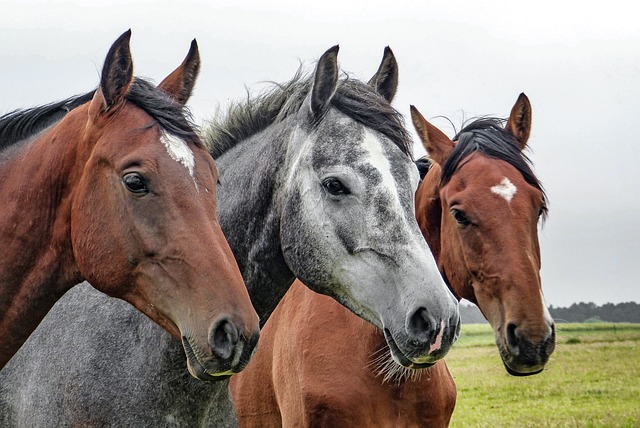The Importance of ICSI for Horse Breeding

A brief background to ICSI in horse breeding
More than twenty years ago, the first “test tube” horse was created using a technique first employed with rabbits, cattle, and, eventually, humans.
This technique was christened “Intracytoplasmic Sperm Injection”, or ICSI. ICSI presented a way to extend the reproductive life of horses whose genetics are of great value and thus in great demand.
How does ICSI work with horses?
ICSI horse breeding is a state-of-the-art technique whereby eggs (oocytes) are collected from a selected mare’s follicles and cultivated to maturity.
An individual sperm is injected directly into the egg, which optimizes the probability of successful fertilization.
This technique helps to ensure the preservation of desired genetic traits in the foal. Once fertilized, the eggs can either be stored for later use or immediately transferred to a mare for gestation.
What are the benefits of ICSI?
ICSI presents horse breeders with many benefits over other horse breeding techniques, which facilitate the realization of planned breeding outcomes.
ICSI can extend the breeding of a mare beyond her normal fertility period. ICSI also offers increased chances of fertilization to mares who have experienced issues with more conventional breeding methods. This method helps to compensate for a stallion who produces limited or less fertile semen.
ICSI can also assist in or prolong the breeding cycles of both mares and stallions with either temporary or permanent injuries. All these factors contribute to the minimization of disruptions to horse breeders’ plans.
Why should horse breeders use ICSI?
There are other benefits to employing ICSI for horse breeders beyond increased or improved chances of fertilization.
ICSI affords the horse breeder control over a foal’s genetic traits relating to, for example, markings, temperament, and athleticism. In this way, desired genetic makeup and highly valued bloodlines can be preserved and even enhanced.
In bypassing the restrictions and potential issues of natural mating, ICSI allows horse breeders to achieve their desired breeding outcomes with greater certainty. And perhaps highly valued horses will be allowed an earlier retirement, having added significantly to breeders’ prosperity.
Businesses great and small.
ICSI can offer horse breeders increased control and precision, regardless of the size and scope of their business.
Smaller breeders can now utilise this advanced technology, which was once only available to larger horse breeding concerns. Larger businesses, on the other hand, can employ ICSI to realize the genetic potential of their valuable breeding stock.
Horse breeders, large and small, can benefit from an enhanced ability to plan for their future prosperity.
Qualifying to become a horse breeder
In many parts of Australia, horse breeding is a viable, vital, and lucrative business. There are strict controls in place relating to the breeding, rearing, and importing all livestock, including horses.
Consequently, state and federal governments have training programs for those who wish to make a career out of either working in or running such a business.




